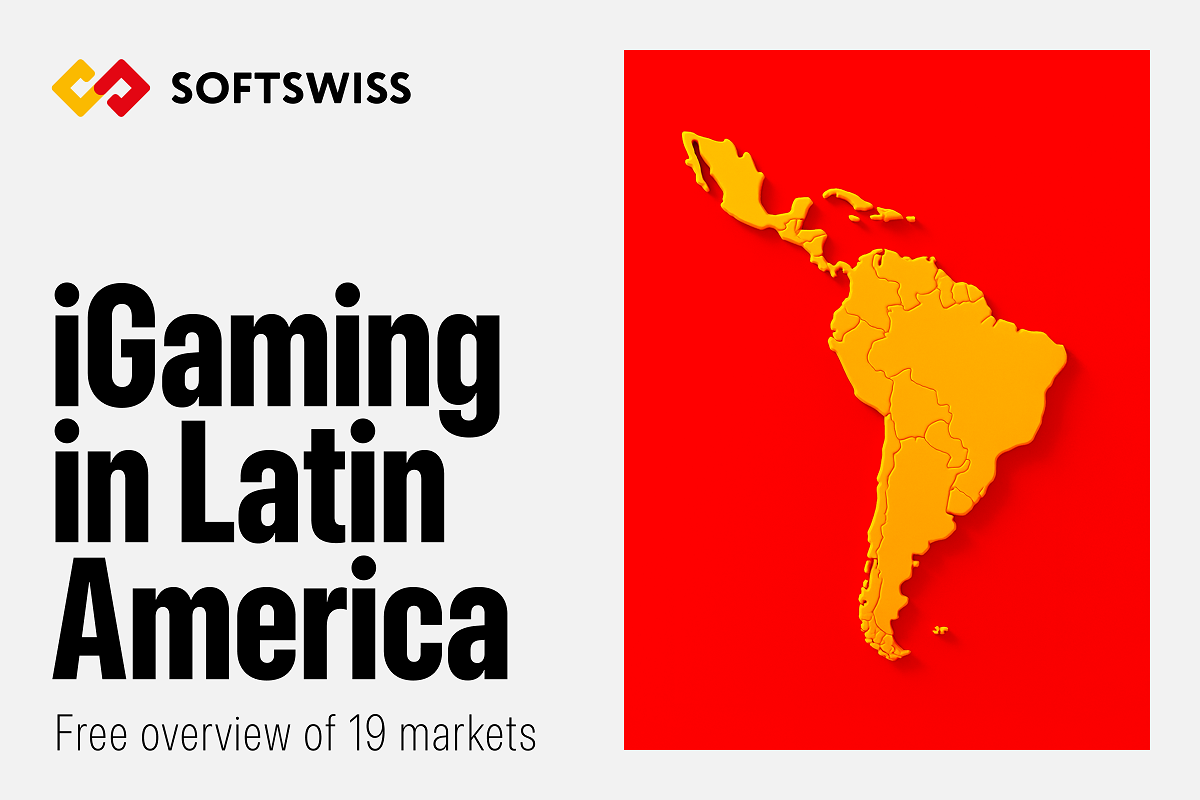Blockchain
Blockchain betting market, Azuro, aims to tackle liquidity problems with the latest seed funding round

The global betting and predictions market is expected to grow to over $92 billion by 2023 as new players, nations, and states embrace the industry. Huge economies such as the U.S. have long prohibited gambling but in 2018, some states legalized the practice, adding $1.5 billion to the global recorded figure of online betting revenue by the end of 2020.

Image source: Azuro
With many other states expected to follow the path, the gambling industry may surpass the predicted figure – $100 billion in annual revenue being the target by the end of 2023.
In light of the explosive rise in sports betting during the pandemic, many decentralized betting protocols have come up trying to sway users and players towards blockchain-based prediction markets. On Wednesday, Azuro, a decentralized DAO of betting and prediction markets, announced a successful $3.5 million seed funding round led by top VCs and angel investors ranging from DeFi, GameFi, traditional betting markets, and other blockchain-related areas.
The seed investment round was led by three companies namely Gnosis, Polymorphic Capital, and Flow Ventures. Other investors in the round included Ethereal Ventures, Arrington XRP Capital, AllianceDAO (a.k.a. DeFi Alliance), Delphi Digital, Meta Cartel Ventures, Merit Circle, and Clever Advertising.
Since the launch of decentralized prediction platforms in 2017, the space has rather stagnated despite the demand from players and the crypto ecosystem skyrocketing to a $3 trillion market capitalization. While many attempts have been made to make them work, most of these platforms have failed terribly in delivering on the fundamentals that Web2 betting companies capitalized on including an array of events, deep liquid markets, competitive odds, and multiple betting options. Additionally, current blockchain-based betting solutions suffer from single liquidity providers, product depth, and a bad UX for their players.
The latest capital injection into Azuro aims to solve these problems by launching a transparent, trustless, and decentralized platform. Currently, liquidity providers (LPs) on prediction markets have to start markets manually, set the odds and seed liquidity to each market they create. This means the LPs hold all the betting risks while having little incentive to do so. This has caused massive capital and liquidity exiting the decentralized prediction markets – as it happened with Gnosis, a partner of Azuro.
Furthermore, prediction markets are inefficient for bets with 3 or more outcomes. Most are bound to stick with YES/NO markets, which is dramatically insufficient especially for sports and related bets with more than two outcomes. Lastly, most of these platforms face regulatory pressure and geographical constraints, which could impact the growth of betting markets or even see them shut down.
Unlike its competition, Azuro is building a new protocol to enhance liquidity provision and minimize the betting risks for LPs on the platform. The platform employs a “pooled liquidity structure”, similar to DeFi protocols, which means LPs will not have to manually create markets and are not exposed to the betting market’s systematic risks. Instead, the risk is spread across all betting markets on the protocol, and therefore dramatically reduced for the LPs.
Additionally, the funds will be used to build a friendly UX architecture that allows for the full depth of the betting product available at centralized sportsbooks and a classic frontend, similar to traditional betting markets. Unlike most of the decentralized prediction markets today, Azuro will also allow users to easily set up multiple betting options, moving from the binary “Yes/No”, currently widely spread across decentralized prediction markets.
The decentralized betting governance protocol
Over the past year, DAOs have become the norm in the crypto industry, allowing participants on the platform to vote on proposals made to improve or upgrade the protocol. Similarly, Azuro plans to launch its DAO to reduce the external influence from regulators and authorities.
According to a statement, the platform holds liquidity as the base infrastructure layer with players and customer interactions built on top of it. This approach “outsources much of the direct-to-consumer efforts and relieves Azuro from most of the regulatory, KYC, legal and operational lift”, the statement further reads. Azuro breaks the role of traditional bookmakers into smaller roles, much more attainable for smaller participants. Azuro connects these participants in an elaborate dance thus providing players with a better experience in a decentralized way.
-

 Compliance Updates7 days ago
Compliance Updates7 days agoKongebonus statement: Norway’s election result signals gambling policy continuity, but licensing debate is set to intensify
-

 Latest News7 days ago
Latest News7 days agoAnswer the Call of the Wild: ELA Games Unveils Its Latest Game “Buffalo Force”
-

 Latest News7 days ago
Latest News7 days agoSaddle up for big wins under the Bison Moon with the latest slot from Northern Lights Gaming
-

 Asia6 days ago
Asia6 days agoTesla to showcase Model Y with NODWIN Gaming at the thrilling BGMS Season 4 Grand Finals
-

 Compliance Updates6 days ago
Compliance Updates6 days agoSOFTSWISS Compliance Expert Shares Knowledge on AML in iGaming for Sumsub Academy
-

 Africa6 days ago
Africa6 days agoRacing1 is exhibiting for the first time at the Grand Prix D’Afrique
-

 Latest News6 days ago
Latest News6 days agoÅland-Based Gaming Company Paf Becomes Main Partner of the Finnish Ski Association – One of the Most Significant Sponsorship Agreements in the Association’s History
-

 Latest News6 days ago
Latest News6 days agoKaizen Gaming data – FC Barcelona the fan favourite to win the Champions League



















